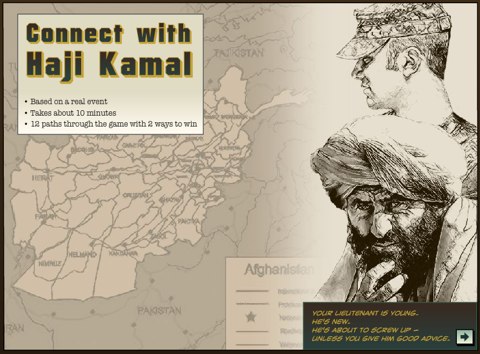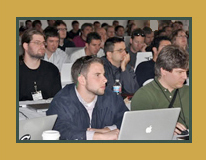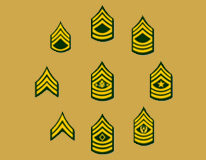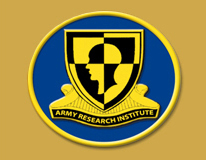Connect with Haji Kamal
Monday, April 26th, 2010This online role-play addresses issues of rapport and negotiation. It’s a self-paced adaptation of the classroom Critical Incident Scenarios that we’ve been creating. Because it’s being used in the Senior Leader Course at the Fort Huachuca NCO Academy, it features a Sergeant advising his Lieutenant on how best to proceed through the encounter.
There are 12 ways through the role-play, but only two ways to win it. Can you find one of them? (Click the image to begin the activity in a new window).
Feedback on the “Connect with Haji Kamal” prototype has been positive. Instructors at the Fort Huachuca NCO Academy assign it as homework to prepare students for the culture lesson, which focuses on rapport, communication, and negotiation skills. In discussing what they like about the activity, the instructors have cited its “ease of use,” “that it prompted the majority of the discussion,” and that it “brought forth real world experiences from the Soldiers.”
When students were asked, at the completion of the homework activity, whether they were looking forward to the next day’s culture lesson, 70% responded positively. And 65% said they might use the “Haji Kamal” activity as part of culture training for their own units.








